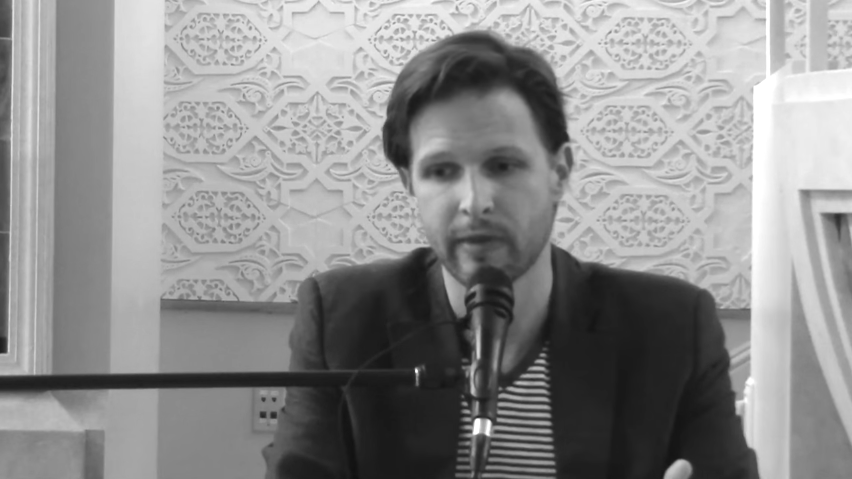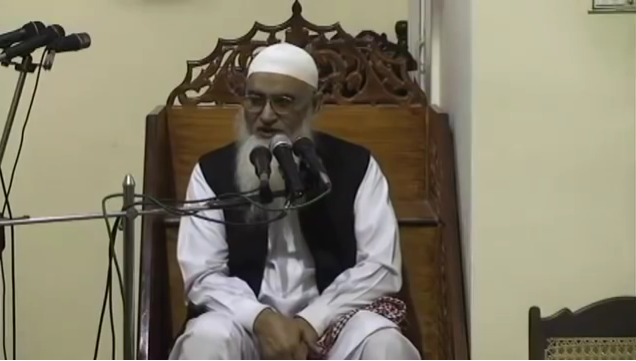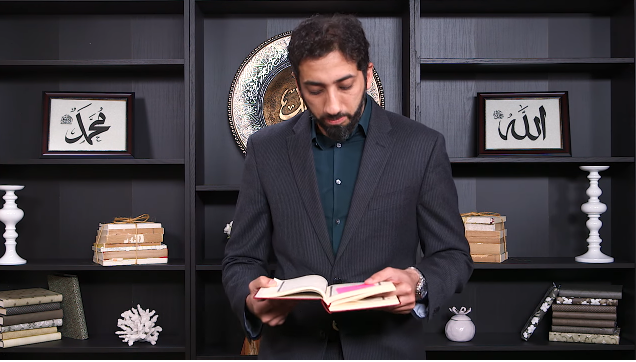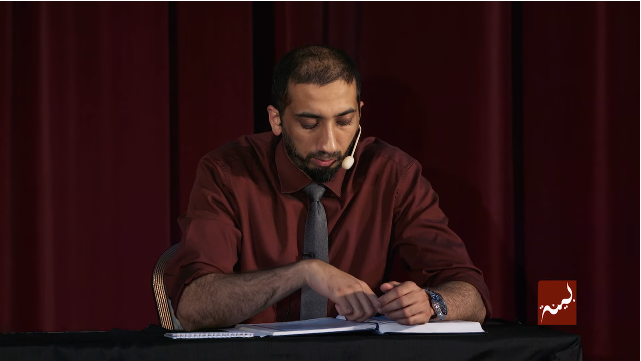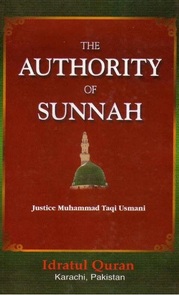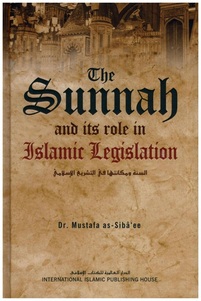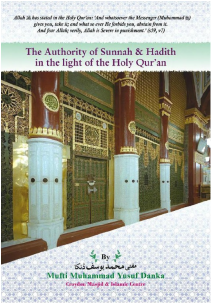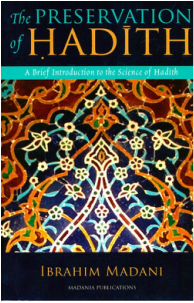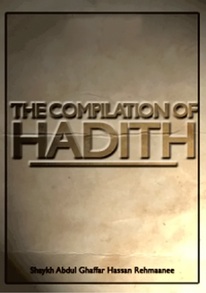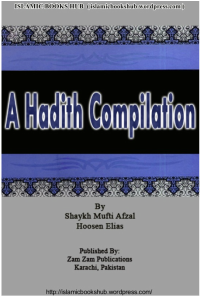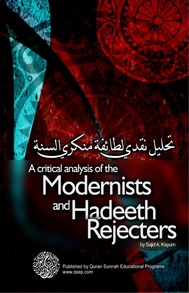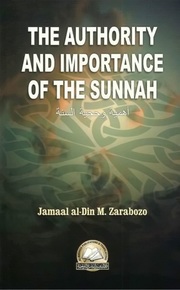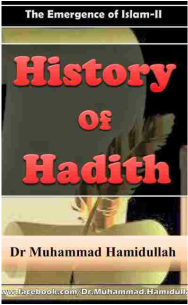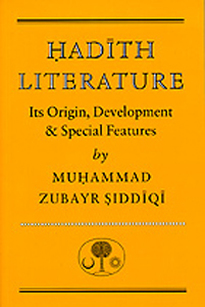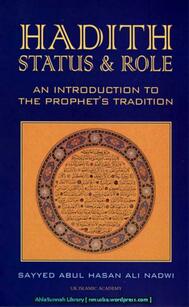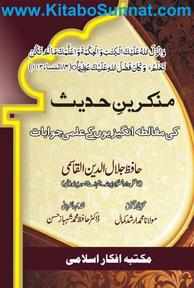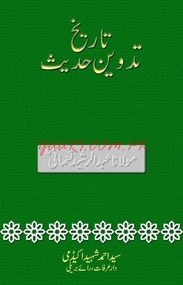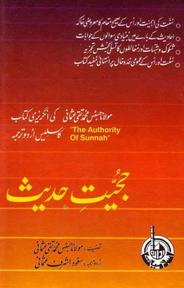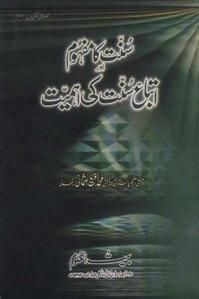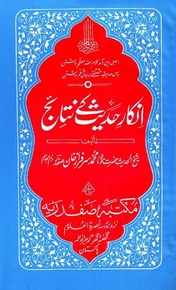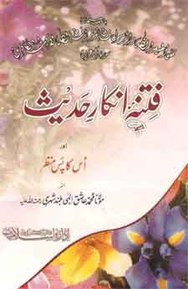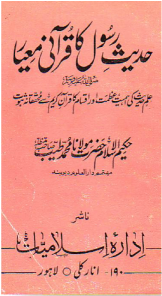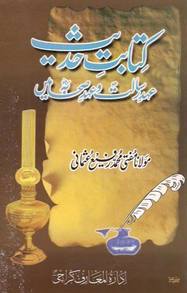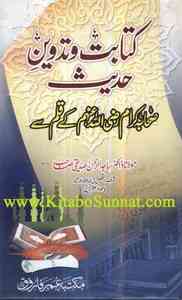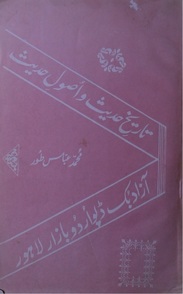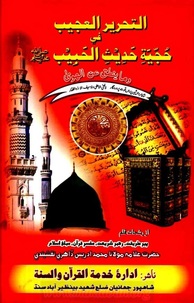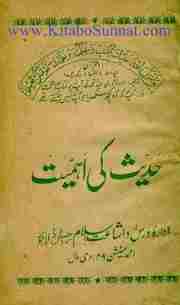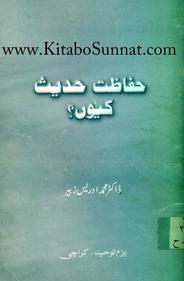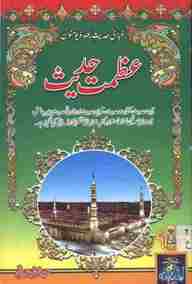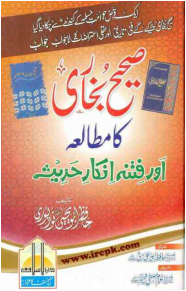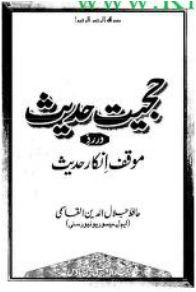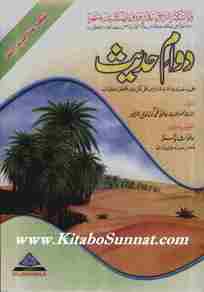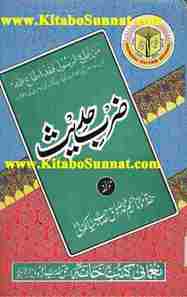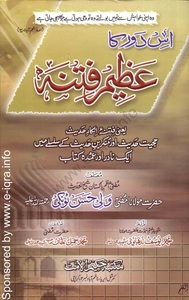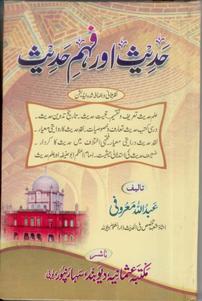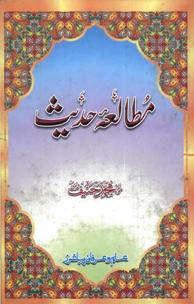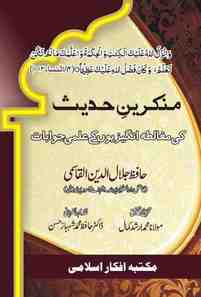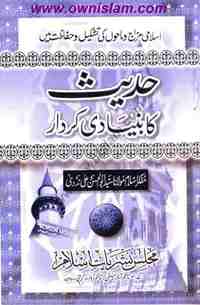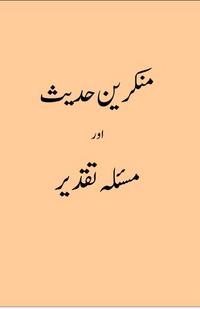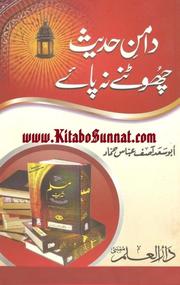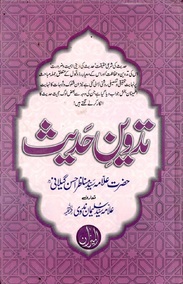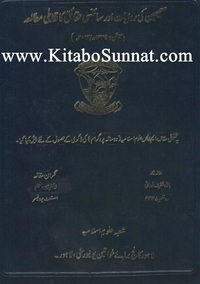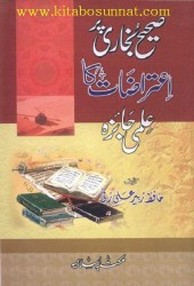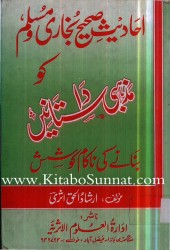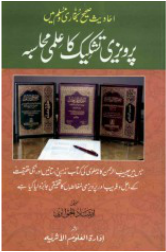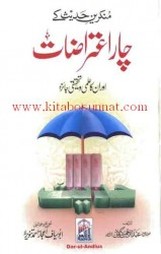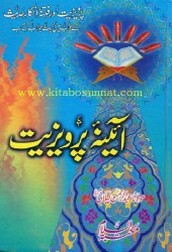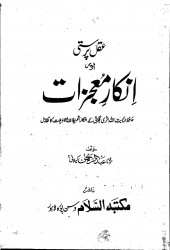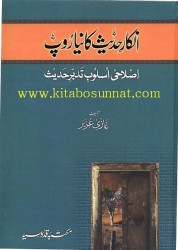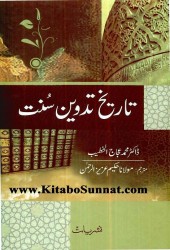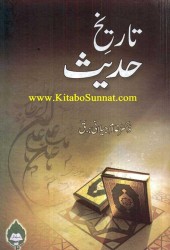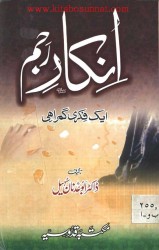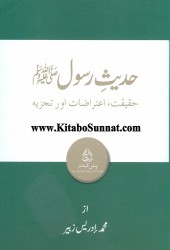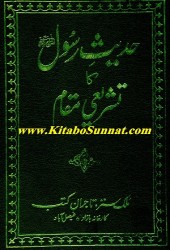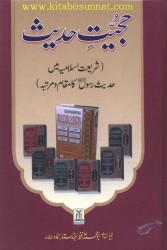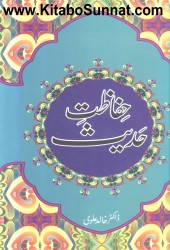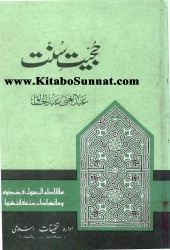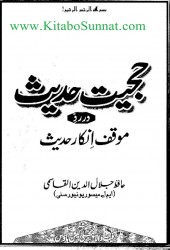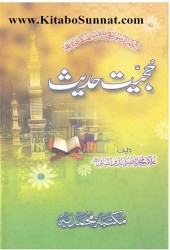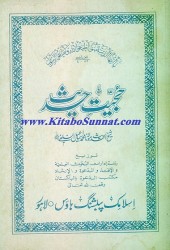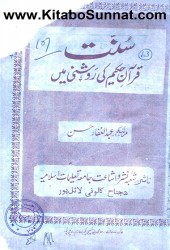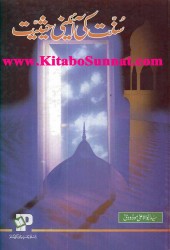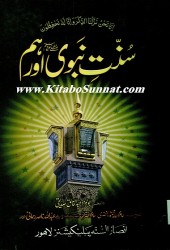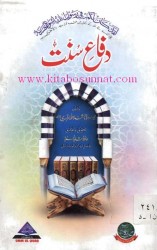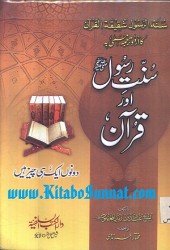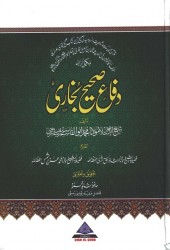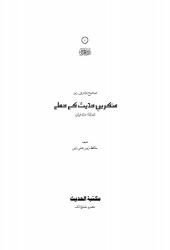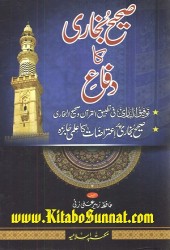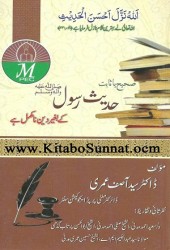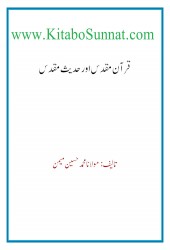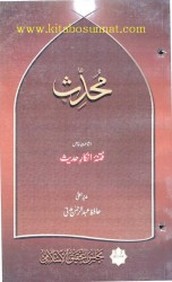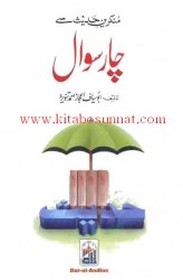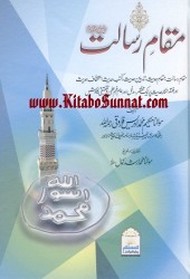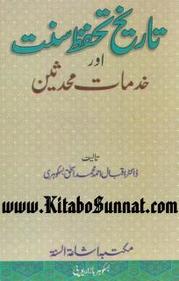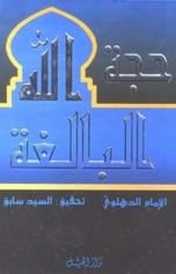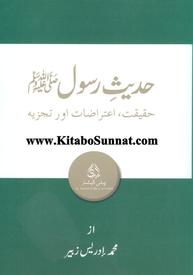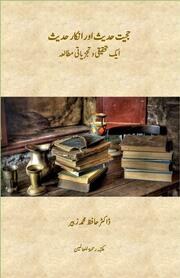- Home
-
Quran & hadith
-
Quran
>
- Quran Translations
-
Tafsir Collection
>
- Full bookshelf (130+ tafseers)
- Tafseer Ibn Abbas
- Tafsir Jalalayn
- King Fahd Centre Tafsirs (19 Languages)
- Tafhim ul Quran
- Tafseer Ibn Katheer
- Tafsir Qurtubi
- Maarif ul Quran
- Tafsir ul kabir Ibn Taymiyyah
- Rooh ul Ma'ani by Allama Aaloosi
- Fil Zilal il Quran - In the Shade of Quran
- Tafsir Siraj ul Bayan
- Tayseer Al Kareem Al Mannan Fy Tafseer Kalam al Mannan
- Tafseer Sanai (Molana Sana ullah Amritsary)
- Tafsir Majidi
- Tafseer Kabeer by Imam Al-Razi
- Tafsir Jawahir ul Quran
- Khulasa of Quran
- Uloom ul Quran
- Historical copies of Quran
-
Hadith and Seerah
>
- Seerah
- All hadith books
- The Authentic Collections >
-
Other Classical books of hadith
>
- Musnad Abu Yala
- Riyad us Saliheen
- Sunan Darmi
- Kanz ul Amal
- Bulugh ul Maram
- Mishqat al Masabeeh
- Sunan Al Kubra - Bayhiqi
- Khasais Al Kubra by Imam Suyuti
- Mussanaf Ibn Abi Shaybah
- Mussanaf Abdul Razzaq
- Musnad Ishaq Bin Rahwiyyah
- Adab Al Mufrad
- Kitab ul Athar - Imam Muhammad Bin Hasan Al-Shaybani
- Jami Al- Sagheer
- Saheeh Ibn Khuzaimah
- Ma'ani Al-Athar
- Targheeb wa Tahzeeb
- Shoub Al Iman of Imam Al-Bayhaqi
- Ibn Habban
- Musnad Shahab
- Contemporary hadith collections
- 40 Hadith Collections
- Ahadith Al-Qudsi
- Collection of Weak Ahadtih
-
Quran
>
-
Islamic Sciences
- Free Islamic Studies Courses - iCAN College
- Arabic Learning
- Aqeedah / Creed
- Quran
- Uloom ul Quran / Usool At Tafsir (Tafsir and Quranic Sciences)
- Hadith and Seerah
- Usool Al Hadith >
- Fiqh
- Usool Al Fiqh
- Usool Al Ifta
- Mantaq/ Logic/ Philosophy
- Comparative Religion
- Falkiat (Astronomy)
- Contemporary Studies and Communication Skills
-
Ijazah Multimedia
>
-
Arabic Learning (Including Sarf and Nahv)
>
- Arabic in less than 50 hours - Dr. Abdus Sami
- Tajweed with Sheikh Wissam Sherieff
- Arabic course - Hafiz Naveed Ahmed
- Hidayat un Nahv - English Course and Book download
- Arabic Conversations
- Madinah Books Audio Lectures: Arabic, English and Urdu
- Arabic Course for Beginners
- Kafia - Arabic Grammer (Lecture Series)
- Arabic Courses for Bangla Speakers
- Arabic course - Dr. Abdul Aziz Abdur Raheem
- Hidayat un Nahv
- Why Learn Arabic? By Noman Ali Khan
- Tajweed Lessons in English
- Arabic with Husna
- Tajweed Made Simple
- Madinah Arabic Books - Taught by Br. Asif Meherali (Canada)
- Ilm un Nahv and Ilm us Sarf - Complete Audio Course
- Sheikh Amir Suhail Course 2
- العربية بين يديك (English Arabic Course - Green Lane Mosque)
- Mukhtasir ul Muani - Urdu Lectures
- Usool ut Tafsir (Science of Quranic Interpretation)
-
Tafsir
>
- Tafhim ul Quran - Audio in English and Urdu languages
- Maarif ul Quran - Urdu
- Tafsir by Dr. Israr - Complete Quran
- Hafiz Naveed Ahmed R.A. Daura e Tafseer
- Noman Ali Khan Tafsir
- Quran Balochi Tafsir
- Fahm ul Quran by Dr. Farhat Hashmi
- Complete Quran - Faizan e Madina
- Pushto Tafsir
- Pushto Tafsir - Dr. Nisar Ahmed
- Bangla Tafseer e Quran - Audio
- Complete Tafsir (Brief) - Molana Shuja ud Din Shaikh (Urdu)
- Ustad Muhammad Rafiq - Urdu
- Tafseer - Sr. Iffat Maqbool
- Prrof. Khaleel ul Rahman Chisthi (Daura e Quran)
- Mufti Menk - Tafsir (Complete)
- Fahm ul Quran (Sindhi) - Complete Quran
- Daura E Quran - Ust. Huma Najm ul Hasan
- Daura E Quran - Hafiz Akif Saeed
- Daura e Tafseer Dr. Zeba Waqar
- Shaikh Shuja ud Din - Sout ul Quran
- Sister Taymiyyah Zubair Daura e Tafseer
- Rahmatullah Buttr
- Saraiki Daura e Quran
- Urdu - Molana Manzoor Ahmed Nomani
- Tafsir - Surah Wise
- Usool ul Hadith
-
Hadith
>
- Sahih Bukhari Kitab ul Wahi
- Imam Nawawi's 40 Hadith
- 40 Hadith of Imam Nawawi - English (Sheikh Haroon Hanif)
- Arbaeen Nawawi - Urdu lecture series by Dr. Israr Ahmed
- 40 Hadith of Imam Nawawi - Dutch
- Al Adab al Mufrad - English
- Riayd us Saliheen - English
- Dars e Hadith - Molana Yusuf Ludhiyanvi Shaheed
- Sahih Bukhari
- Bulugh Al Maram - Urdu
- Bulugh Al Maram - English
- Bulugh Al Maram - Bangla
- Dars e Hadith - Shaikh Razaullah Abdul Karim (Urdu/ Hindi)
- Riyad us Saliheen Malay
- Sahih Bukhari - Arabic
- Mukhtasir Sahih Bukhari - Bangla
- Seerat un Nabi
- Usool ul Fiqh
- Fiqh
- Aqeedah
- Balagha
- Mantaq/ Logic
-
Arabic Learning (Including Sarf and Nahv)
>
-
Why Islam
- What is Islam
- Gain Peace Australia
- Resources for New Muslims
- Sheikh Ahmed Deedat
- Dr. Zakir
- Response to Atheism
- Message for Christians
- Islam and Hinduism - Comparative Religion
- Message for Jews
- Islam and Budhism
- Islam and Communism - Comparative Studies
- Seal of the Prophethood
- Dawah towards Ahlas Sunnah Wal Jama'ah
-
Dawah Training Courses
>
- Dawah training by Dr. Bilal Philips
- dawah training by abdur raheem green
- dawah training by sheikh yusuf estes
- Dawah training by Abdur Raheem McCarthy
- dawah training by hamza tzortzis
- dawah training by kamal el makki
- dawah training by shabbir ally
- Dawah training by Yushua Evans
- More Dawah training from London Dawah movement
- Principles of Preaching
-
History
-
More Categories
- Learning languages >
- Islamic Eschatology >
- Modernism and Orientalist Studies
- Fiqh of Ibadah (act of worship) >
- System of education >
- System of Politics and Governance
- System of organizations and leadership >
- Social System >
- System of Spirituality and tazkiah
- System of economics
- Managing Relations
- Tablighi Books
- Tib and Tib e Nabvi >
- Poetry and Fiction >
- Aurad wa Wazaif
- Kids
- Professional Skills >
- Misc books
-
Literature
- ICAN Nisab and Other resources
- Diploma by Australian Islamic Library >
- Jamat e Islami Pakistan Nisab
- Jamat e Islami Bangladesh
- Islami Jamiat e Talba
- Iblagh Library
- Farahi School of Thought
- Muntakhab Nisab - Tanzim e Islami
- Recommendations by Mufti Taqi Usmani
- Recommendations by Sheikh Saleh Al-Uthaymeen
- Recommendations from Noman Ali Khan
- Recommendations by Faris Al-Khateeb
- A curriculum for hadith studies
- Tablighi books
- UK Islamic Mission Syllabus
- Research
-
TV and Media
- More Goodies
- Contact Us
- Blog - Australian Islamic Library
- Home
-
Quran & hadith
-
Quran
>
- Quran Translations
-
Tafsir Collection
>
- Full bookshelf (130+ tafseers)
- Tafseer Ibn Abbas
- Tafsir Jalalayn
- King Fahd Centre Tafsirs (19 Languages)
- Tafhim ul Quran
- Tafseer Ibn Katheer
- Tafsir Qurtubi
- Maarif ul Quran
- Tafsir ul kabir Ibn Taymiyyah
- Rooh ul Ma'ani by Allama Aaloosi
- Fil Zilal il Quran - In the Shade of Quran
- Tafsir Siraj ul Bayan
- Tayseer Al Kareem Al Mannan Fy Tafseer Kalam al Mannan
- Tafseer Sanai (Molana Sana ullah Amritsary)
- Tafsir Majidi
- Tafseer Kabeer by Imam Al-Razi
- Tafsir Jawahir ul Quran
- Khulasa of Quran
- Uloom ul Quran
- Historical copies of Quran
-
Hadith and Seerah
>
- Seerah
- All hadith books
- The Authentic Collections >
-
Other Classical books of hadith
>
- Musnad Abu Yala
- Riyad us Saliheen
- Sunan Darmi
- Kanz ul Amal
- Bulugh ul Maram
- Mishqat al Masabeeh
- Sunan Al Kubra - Bayhiqi
- Khasais Al Kubra by Imam Suyuti
- Mussanaf Ibn Abi Shaybah
- Mussanaf Abdul Razzaq
- Musnad Ishaq Bin Rahwiyyah
- Adab Al Mufrad
- Kitab ul Athar - Imam Muhammad Bin Hasan Al-Shaybani
- Jami Al- Sagheer
- Saheeh Ibn Khuzaimah
- Ma'ani Al-Athar
- Targheeb wa Tahzeeb
- Shoub Al Iman of Imam Al-Bayhaqi
- Ibn Habban
- Musnad Shahab
- Contemporary hadith collections
- 40 Hadith Collections
- Ahadith Al-Qudsi
- Collection of Weak Ahadtih
-
Quran
>
-
Islamic Sciences
- Free Islamic Studies Courses - iCAN College
- Arabic Learning
- Aqeedah / Creed
- Quran
- Uloom ul Quran / Usool At Tafsir (Tafsir and Quranic Sciences)
- Hadith and Seerah
- Usool Al Hadith >
- Fiqh
- Usool Al Fiqh
- Usool Al Ifta
- Mantaq/ Logic/ Philosophy
- Comparative Religion
- Falkiat (Astronomy)
- Contemporary Studies and Communication Skills
-
Ijazah Multimedia
>
-
Arabic Learning (Including Sarf and Nahv)
>
- Arabic in less than 50 hours - Dr. Abdus Sami
- Tajweed with Sheikh Wissam Sherieff
- Arabic course - Hafiz Naveed Ahmed
- Hidayat un Nahv - English Course and Book download
- Arabic Conversations
- Madinah Books Audio Lectures: Arabic, English and Urdu
- Arabic Course for Beginners
- Kafia - Arabic Grammer (Lecture Series)
- Arabic Courses for Bangla Speakers
- Arabic course - Dr. Abdul Aziz Abdur Raheem
- Hidayat un Nahv
- Why Learn Arabic? By Noman Ali Khan
- Tajweed Lessons in English
- Arabic with Husna
- Tajweed Made Simple
- Madinah Arabic Books - Taught by Br. Asif Meherali (Canada)
- Ilm un Nahv and Ilm us Sarf - Complete Audio Course
- Sheikh Amir Suhail Course 2
- العربية بين يديك (English Arabic Course - Green Lane Mosque)
- Mukhtasir ul Muani - Urdu Lectures
- Usool ut Tafsir (Science of Quranic Interpretation)
-
Tafsir
>
- Tafhim ul Quran - Audio in English and Urdu languages
- Maarif ul Quran - Urdu
- Tafsir by Dr. Israr - Complete Quran
- Hafiz Naveed Ahmed R.A. Daura e Tafseer
- Noman Ali Khan Tafsir
- Quran Balochi Tafsir
- Fahm ul Quran by Dr. Farhat Hashmi
- Complete Quran - Faizan e Madina
- Pushto Tafsir
- Pushto Tafsir - Dr. Nisar Ahmed
- Bangla Tafseer e Quran - Audio
- Complete Tafsir (Brief) - Molana Shuja ud Din Shaikh (Urdu)
- Ustad Muhammad Rafiq - Urdu
- Tafseer - Sr. Iffat Maqbool
- Prrof. Khaleel ul Rahman Chisthi (Daura e Quran)
- Mufti Menk - Tafsir (Complete)
- Fahm ul Quran (Sindhi) - Complete Quran
- Daura E Quran - Ust. Huma Najm ul Hasan
- Daura E Quran - Hafiz Akif Saeed
- Daura e Tafseer Dr. Zeba Waqar
- Shaikh Shuja ud Din - Sout ul Quran
- Sister Taymiyyah Zubair Daura e Tafseer
- Rahmatullah Buttr
- Saraiki Daura e Quran
- Urdu - Molana Manzoor Ahmed Nomani
- Tafsir - Surah Wise
- Usool ul Hadith
-
Hadith
>
- Sahih Bukhari Kitab ul Wahi
- Imam Nawawi's 40 Hadith
- 40 Hadith of Imam Nawawi - English (Sheikh Haroon Hanif)
- Arbaeen Nawawi - Urdu lecture series by Dr. Israr Ahmed
- 40 Hadith of Imam Nawawi - Dutch
- Al Adab al Mufrad - English
- Riayd us Saliheen - English
- Dars e Hadith - Molana Yusuf Ludhiyanvi Shaheed
- Sahih Bukhari
- Bulugh Al Maram - Urdu
- Bulugh Al Maram - English
- Bulugh Al Maram - Bangla
- Dars e Hadith - Shaikh Razaullah Abdul Karim (Urdu/ Hindi)
- Riyad us Saliheen Malay
- Sahih Bukhari - Arabic
- Mukhtasir Sahih Bukhari - Bangla
- Seerat un Nabi
- Usool ul Fiqh
- Fiqh
- Aqeedah
- Balagha
- Mantaq/ Logic
-
Arabic Learning (Including Sarf and Nahv)
>
-
Why Islam
- What is Islam
- Gain Peace Australia
- Resources for New Muslims
- Sheikh Ahmed Deedat
- Dr. Zakir
- Response to Atheism
- Message for Christians
- Islam and Hinduism - Comparative Religion
- Message for Jews
- Islam and Budhism
- Islam and Communism - Comparative Studies
- Seal of the Prophethood
- Dawah towards Ahlas Sunnah Wal Jama'ah
-
Dawah Training Courses
>
- Dawah training by Dr. Bilal Philips
- dawah training by abdur raheem green
- dawah training by sheikh yusuf estes
- Dawah training by Abdur Raheem McCarthy
- dawah training by hamza tzortzis
- dawah training by kamal el makki
- dawah training by shabbir ally
- Dawah training by Yushua Evans
- More Dawah training from London Dawah movement
- Principles of Preaching
-
History
-
More Categories
- Learning languages >
- Islamic Eschatology >
- Modernism and Orientalist Studies
- Fiqh of Ibadah (act of worship) >
- System of education >
- System of Politics and Governance
- System of organizations and leadership >
- Social System >
- System of Spirituality and tazkiah
- System of economics
- Managing Relations
- Tablighi Books
- Tib and Tib e Nabvi >
- Poetry and Fiction >
- Aurad wa Wazaif
- Kids
- Professional Skills >
- Misc books
-
Literature
- ICAN Nisab and Other resources
- Diploma by Australian Islamic Library >
- Jamat e Islami Pakistan Nisab
- Jamat e Islami Bangladesh
- Islami Jamiat e Talba
- Iblagh Library
- Farahi School of Thought
- Muntakhab Nisab - Tanzim e Islami
- Recommendations by Mufti Taqi Usmani
- Recommendations by Sheikh Saleh Al-Uthaymeen
- Recommendations from Noman Ali Khan
- Recommendations by Faris Al-Khateeb
- A curriculum for hadith studies
- Tablighi books
- UK Islamic Mission Syllabus
- Research
-
TV and Media
- More Goodies
- Contact Us
- Blog - Australian Islamic Library

